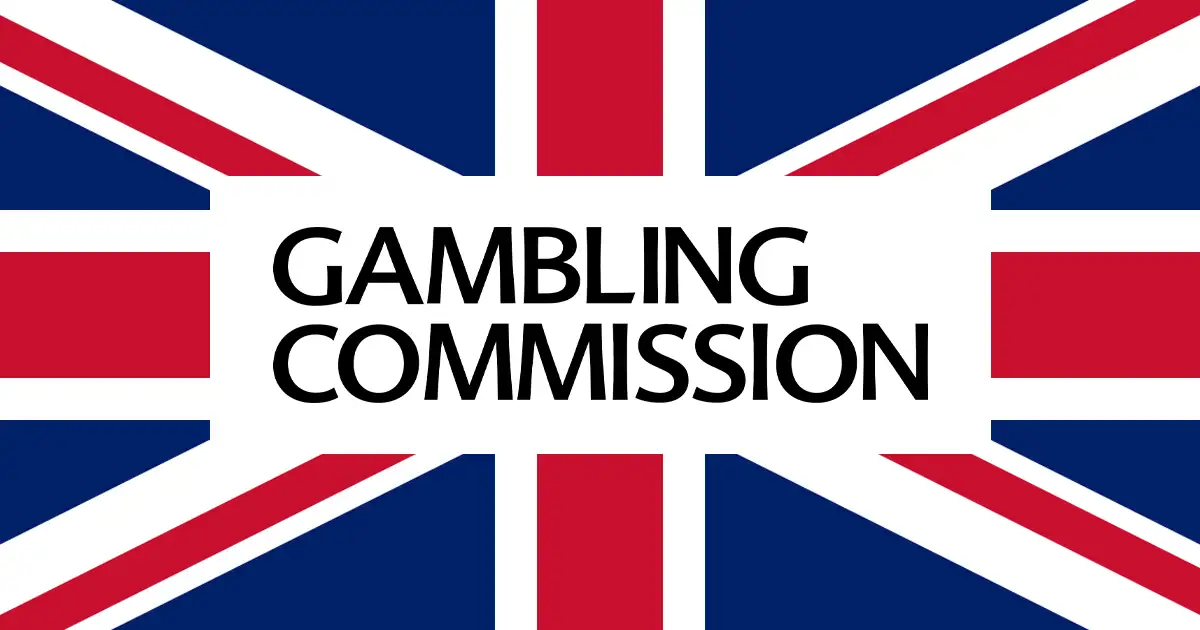UKGC reveals worrying illegal gambling figures
The UK Gambling Commission (UKGC) recently published the second part of its report on consumer engagement with illegal online gambling.
A detailed analysis of consumer behaviour
While the legal market is under increasing scrutiny, the question remains: why do some players continue to turn to unauthorised platforms? According to the report, measuring this phenomenon remains a complex challenge.
“Generating accurate and reliable estimates is challenging. When exploring an activity that is illegal, and therefore hidden, there are very few known facts. We have made estimates based on the best data available to us and have been clear about margins for error and caveats,” explains Tim Livesley, Head of the Data Innovation Hub.
The report points out that the majority of legal consumers rarely interact with unregulated sites. However, a small percentage of regular gamblers are exposed to high risks, including addiction and financial scams.
One of the major difficulties identified by the UKGC is the collection of reliable data. Illegal platforms do not publish any information and player activity is often hidden. To get around these limitations, the commission combines surveys, statistical analyses and behavioural studies.
“There is a constant flux of websites exiting the market and new ones replacing them. As a result of disruption actions, the websites that are used most frequently today are not the same as those which saw the highest traffic a few months ago. Obtaining historic trends is a challenge as we are not looking at a stable set of websites. “
This uncertainty poses a challenge for regulators and legislators who want to protect players while maintaining a safe and transparent market.
Why some players choose to play illegally
The report highlights several factors that lead some consumers to turn to unregulated sites. These include the attractiveness of bonuses, the availability of games that are banned in the UK, and sometimes a simple lack of awareness of the risks.
One question remains central: is penalisation the solution? UKGC experts suggest instead a combined approach of raising awareness and strengthening security on legal platforms.
Even if the exact estimate of the illegal market remains imprecise, certain trends are clearly emerging. The report notes a slight decline in engagement with unregulated sites, particularly among young adults, but warns that this decline is not uniform. Certain categories of games continue to attract loyal audiences on illegal platforms.
The report stresses the need to monitor these trends in order to adapt regulation in real time, by combining statistical data and feedback from the field. This enables interventions to be targeted where the risks are greatest.
The role of VPNs in accessing illegal gambling sites
The study devotes a significant part to the way in which consumers use VPNs (Virtual Private Networks) to circumvent territorial restrictions and access unauthorised gambling sites in the UK. The findings show that VPNs are seen as a “strong” indicator of engagement with the illegal online market.
The report defines the use of a VPN to access a gambling site not available in the UK as a reliable indicator of gambling on an illegal site. However, this is not classed as “almost certain” because some people might use a VPN for other reasons, for example for privacy issues, to access blocked content at work, or because the site is legal but geographically blocked.
Risks for consumers and the legal market
The UKGC points out that exposure to unregulated sites is not without consequences. Players may face fraud, delays in payments or problems relating to the protection of personal data. What’s more, this illegal activity undermines the legal market, which must maintain high security standards.
The report poses a fundamental question: how can consumers be effectively protected without discouraging innovation and competition in the legal market?
Among the avenues explored, the UKGC recommends increasing player awareness, improving transparency on legal sites and continuing to monitor market trends. Collaboration with financial institutions to block illegal transactions is also considered crucial.
This second part of the UKGC’s report provides an essential insight into the online gambling market and consumer behaviour, while asking crucial questions about the effectiveness of current and future measures.


